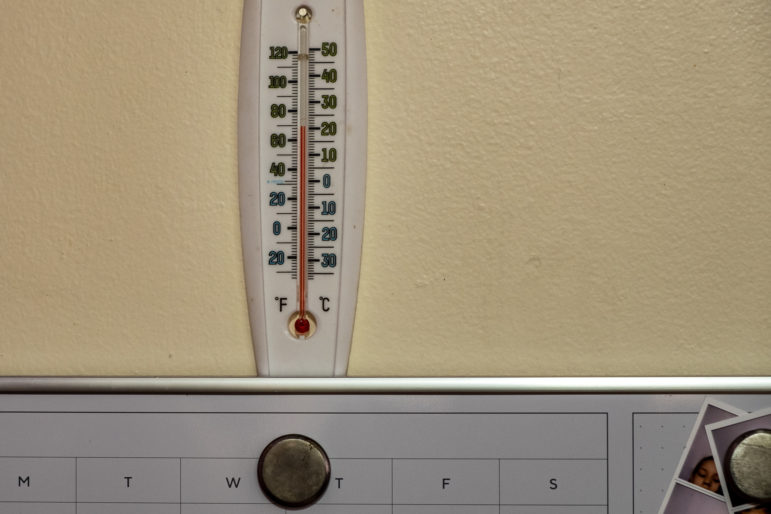Scores of New York City tenants with Section 8 rental vouchers are facing eviction following state court decisions that allowed landlords to exit the subsidy program.
In the past, tenants using the vouchers to pay for rent-stabilized apartments could stay in their apartments indefinitely. New York State law requires that whenever a stabilized lease is renewed, it carries all the same terms and conditions. As long as a tenant was still eligible for Section 8, the landlord would have to accept it.
But many landlords want out of that obligation so they can seek higher rents or simply avoid administrative burdens. And they may now have the law on their side.
In 2002, two Westchester court cases found that once a tenant’s lease was up, his or her landlord has no obligation to accept the vouchers. The state Division of Housing and Community Renewal agreed.
Since then, local lawyers say, a growing number of landlords have tried to evict Section 8 tenants as their leases expire. Nancy Duran, a single mother of three, received a letter from her landlord, Moses Podolski, last April that stated simply: “Dear Tenant, Please be advised that the landlord, pursuant to the law, has chosen not to renew your current Section 8 lease.”
Duran, who had lived in her Bronx apartment for 18 years, was despondent. Her only income comes from her son, who pays her to care for his toddler. She pays $91 out of the total $736 rent; her voucher covers the difference. Without it, she says, she couldn’t pay the rent–and she couldn’t afford a comparable apartment elsewhere.
“I never created any problems for him, never not paid him rent,” she says. “He has no reason to do what he’s doing now.” Despite her pleas, Podolski rejected the Section 8 payments, and moved to evict her.
“He doesn’t need a why,” says Podolksi’s lawyer, Andrea Zinno. “The law changed and he’s following it.” This case, and many like it, are now pending in Housing Court.
Mitchell Posilkin, general counsel for the Rent Stabilization Association, a landlord group, says members are fed up with Section 8. “We want to see this program work,” he says. “It’s only because the bureaucracy in place has been so burdensome and costly that owners feel that they have to walk away.”
The New York City Housing Authority, which oversees most of the city’s 88,000 Section 8 households, considers these evictions illegal, according to a July 2003 memo from Leased Housing Department Director Gregory Kern. “Section 8 landlords in New York City are not entitled to follow the DHCR and Westchester court opinions,” he wrote.
City Councilmember Bill deBlasio agrees. He introduced legislation on February 26 banning discrimination against tenants based on source of income, and expects to hold hearings on the bill by June.
Meanwhile, Judith Goldiner, a staff attorney with the Legal Aid Society, has filed a federal court case to enforce a 1995 ruling that tenants could not be held responsible for NYCHA’s portion of their rent. “I feel like we have a great argument,” she says. “We’re right on the law, we’re right on the facts, we’re right morally. We should win–but that doesn’t always happen.”







